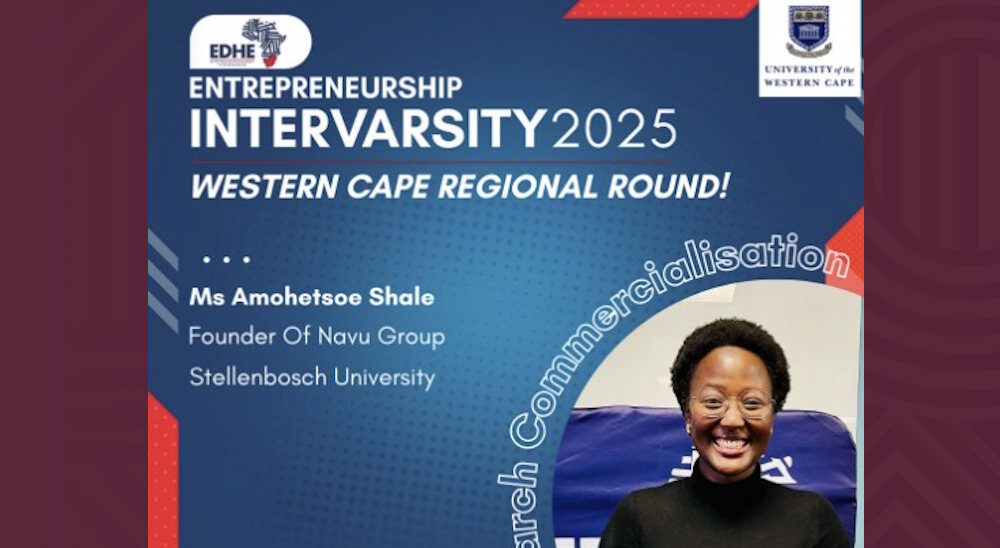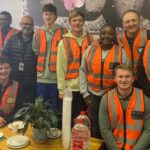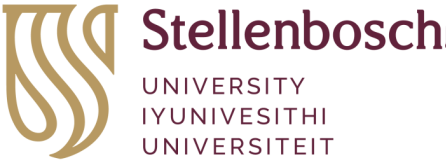We are ecstatic to share Amo Shale our Masters student in Biomedical Engineering’s recent achievements and asked her to introduce herself to our broader engineering community. Prof Schreve is her supervisor and director of the Institute of Biomedical Engineering (IBE)
“My name is Amohetsoe Shale, a first-year Master’s student, in MEng Sci in Biomedical Engineering (structured) and when I registered for this degree, I was driven by a single belief; that technology should restore dignity, independence, and quality of life, no matter someone’s financial situation. Being in this programme has given me the skills, knowledge, and platform to turn that belief into tangible reality.
I grew up on a farm in a small town in the Eastern Cape, where I witnessed firsthand how physical disability can be life-altering; not just physically, but economically; for working-class South Africans. In rural and underserved communities, losing mobility often means losing your livelihood.
This reality shaped my career choice from the beginning.
I completed my undergraduate degree at Walter Sisulu University, a BHSc in Orthotics and Prosthetics, because I wanted to give mobility back to those who had lost it. During my internships at three different public hospitals, I saw the same problem over and over: advanced prosthetic knees do exist, but their price makes them unattainable for most amputees, especially in low-resource settings. I realised that if I wanted to change that reality, I needed to go beyond clinical practice and into the engineering and innovation space; and that’s what led me to biomedical engineering.
My master’s research focuses on developing a low-cost, passive polycentric prosthetic knee. The project aims to strike a balance between performance, durability, and affordability, with the ultimate goal of delivering a product that works not only in theory or a laboratory, but also in the daily lives of real people.
What began as a purely academic project quickly evolved into something much bigger: the launch of a real-world product and my company, NAVU. I don’t just want my research to end up in a thesis; I want it to be worn, used, and relied upon by people in their everyday lives. This has meant thinking about commercialisation from day one.
With encouragement from my mentors, the LaunchLab, the Technology Transfer Office (TTO), and my peers, I entered the Entrepreneurship Development in Higher Education (EDHE) Intervarsity Competition in the Research Commercialisation category. Preparing for the competition forced me to shift my mindset; I had to think not only as an engineer but also as an entrepreneur, considering market needs, scalability, and long-term sustainability.
When I won the Western Cape regional round, I was both humbled and exhilarated! That win secured me a spot in the national finals, opening the door to new opportunities for collaboration, funding, and strategic partnerships.
The EDHE Nationals will bring together top student entrepreneurs from all 26 public universities in South Africa, each with bold ideas and the drive to make a difference. For me, Nationals are not just about competing. They’re about sharing my vision with people who can help bring it to life, raising awareness about the urgent need for affordable prosthetic solutions, and building partnerships that can take my knee design from a prototype to production.
This journey has taught me that the most impactful innovations are born from empathy, curiosity, and persistence. As I prepare for Nationals, I carry not just the hopes of my university and province, but also the vision of a future where no amputee is left behind because of cost. That is the future I am determined to help build. “
We wish Amo every success in her studies, career and the upcoming nationals.








